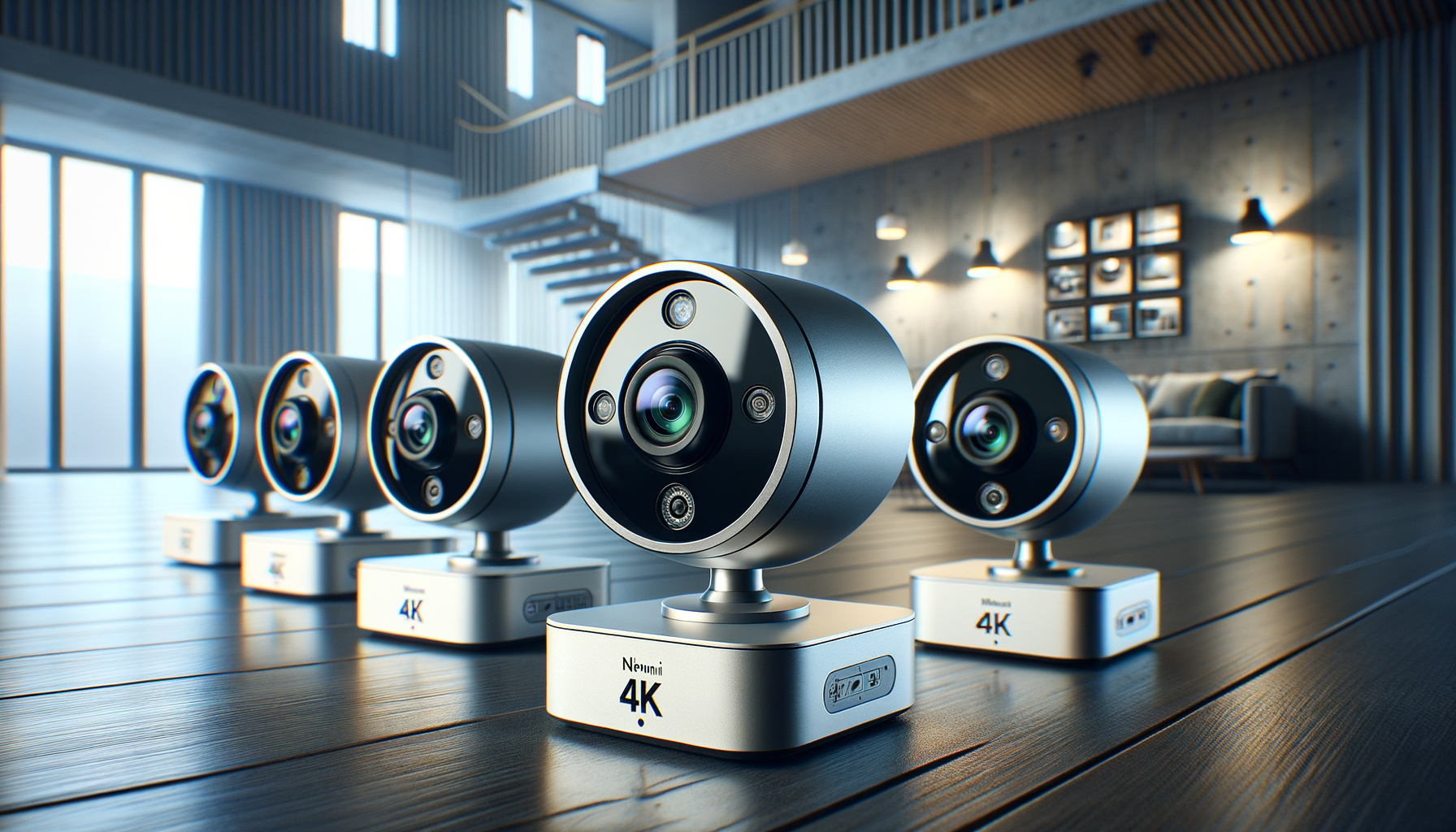The Role of Industrial Food Processor Machines in Modern Kitchens
Industrial food processor machines are indispensable in contemporary commercial kitchens and food manufacturing facilities. These machines are designed to handle extensive volumes of food, ensuring efficiency and consistency in processing. In environments where speed and precision are paramount, such as large-scale catering services and food factories, these machines prove to be invaluable assets. They perform a variety of tasks including chopping, mixing, and emulsifying, which are essential for maintaining high standards in food preparation.
These machines not only enhance processing speed but also adhere to stringent food safety standards. By automating repetitive tasks, they reduce the risk of human error, thereby ensuring that the final product meets quality expectations. The significance of industrial food processors extends beyond mere convenience; they are crucial for operations aiming to scale up their production while maintaining consistent quality.
Moreover, the versatility of these machines makes them suitable for a wide range of applications. They are commonly used in the preparation of sauces, soups, and purees, among other products. This adaptability is particularly beneficial for businesses that need to cater to diverse culinary requirements without compromising on efficiency.
Key Features of Industrial Food Processor Machines
When selecting industrial food processor machines, several key features should be considered to ensure they meet the specific needs of a commercial kitchen or manufacturing facility. One of the primary considerations is the machine’s capacity. Depending on the scale of operations, businesses may require machines that can handle large quantities of food in a single batch.
Another critical feature is the machine’s power and speed. High-powered machines can process tougher ingredients more efficiently, reducing preparation time significantly. Additionally, the availability of various blades and attachments enhances the machine’s functionality, allowing it to perform multiple tasks with ease.
Durability is also a crucial factor, as these machines are often subjected to continuous use in demanding environments. Machines constructed from high-quality materials tend to have longer lifespans and require less frequent maintenance. Furthermore, ease of cleaning is an important consideration to ensure hygiene standards are maintained. Machines with components that can be easily disassembled and cleaned are preferred in commercial settings.
Advantages of Using Industrial Food Processor Machines
The adoption of industrial food processor machines offers several advantages to commercial kitchens and food manufacturing facilities. Firstly, they significantly enhance productivity by automating labor-intensive tasks. This automation allows staff to focus on more complex aspects of food preparation, ultimately improving overall efficiency.
Additionally, these machines contribute to cost savings in the long run. By reducing the need for manual labor and minimizing food waste through precise processing, businesses can lower operational costs. The consistency in food quality achieved through the use of these machines also leads to higher customer satisfaction and repeat business.
Another advantage is the ability to maintain high standards of food safety. Industrial food processors are designed to comply with food safety regulations, reducing the risk of contamination. This is particularly important in large-scale operations where maintaining hygiene is critical.
Challenges in Implementing Industrial Food Processor Machines
Despite their numerous benefits, implementing industrial food processor machines in commercial settings comes with its own set of challenges. One of the primary concerns is the initial investment cost. High-quality machines can be expensive, and businesses need to carefully evaluate their budget and expected return on investment.
Another challenge is the need for staff training. Operating these machines requires a certain level of expertise, and businesses must invest in training programs to ensure their staff can use the equipment safely and effectively. Additionally, regular maintenance is essential to keep the machines in optimal condition, which can add to operational costs.
Space constraints can also pose a challenge, especially in smaller kitchens. Industrial food processors are typically larger than their domestic counterparts, and businesses need to ensure they have adequate space to accommodate these machines without disrupting workflow.
Future Trends in Industrial Food Processing Technology
The future of industrial food processor machines is shaped by technological advancements and evolving industry needs. One of the emerging trends is the integration of smart technology, which allows for enhanced control and monitoring of processing tasks. This technology enables real-time adjustments to processing parameters, ensuring optimal results.
Another trend is the focus on sustainability. Manufacturers are developing machines that consume less energy and produce less waste, aligning with the growing demand for environmentally friendly solutions. This shift towards sustainable practices is expected to continue, with more businesses prioritizing eco-friendly equipment.
Furthermore, the customization of machines to meet specific industry requirements is gaining traction. As businesses seek to differentiate themselves in a competitive market, the ability to tailor machines to their unique needs becomes increasingly important. This trend is likely to drive innovation in machine design and functionality.




Leave a Reply